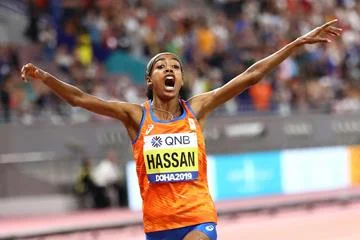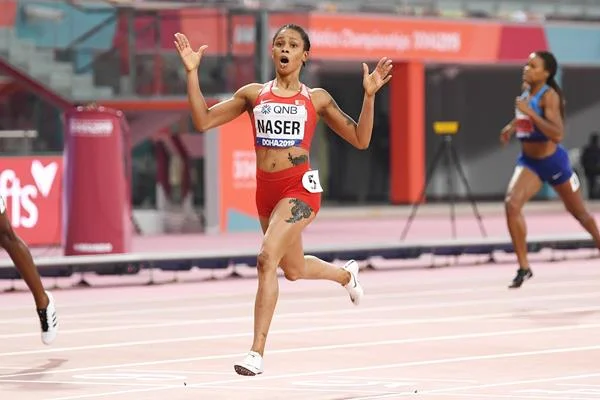TEL AVIV — Yanir Shvartz is 11 years old. He lives in a kibbutz in central Israel, called Nahsonim, that in 2018 had a population of 399. Yanir loves judo. His great hero is Sagi Muki, who in 2019 became the world champion in the men’s under 81-kilogram category.
World champion! An Israeli!
To say that Yanir loves judo and Sagi Muki would probably be one of the great understatements, and in which order is uncertain, because it is the nature of things that 11-year-old boys and hero-worship tend to go hand in hand. “I like him so much,” Yanir, a little nervous, said. On the sidelines of the 2020 International Judo Federation season-opener here, the 2020 Tel Aviv Grand Prix, in a tent in which a food truck had been set up that was serving hamburgers good enough to have drawn a long, long line, Sagi Muki — himself! — could be found Thursday and Friday with a stack of pictures and a pen, there to sign and talk to all the boys and girls and moms and dads. And, of course, take pictures. Selfies? Sure.








